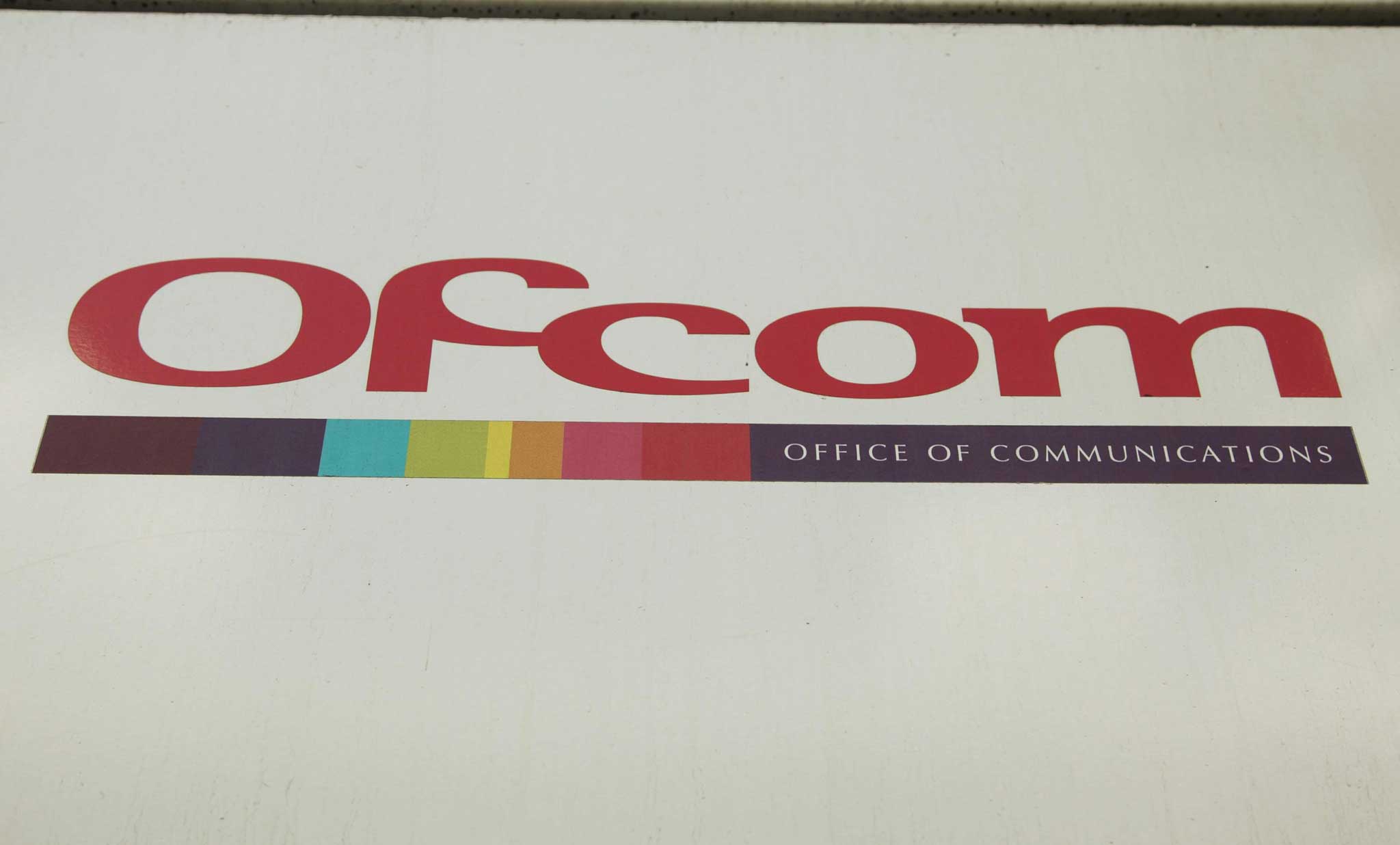Ofcom clears way for superfast broadband on UK aircraft

The broadcast regulator Ofcom has cleared the way for broadband speeds to be increased by up to ten times on aircraft travelling in the UK.
The watchdog has set up a regulatory process after satellite companies including Inmarsat developed systems capable of greatly improving broadband connections on various forms of transport, including boats and trains.
The Ofcom consultation – titled Earth Stations on Mobile Platforms – is likely to lead to major improvements next year, particularly to the slow broadband service currently available to airline passengers.
Inmarsat and fellow satellite companies, Eutelsat and ViaSat, are ready to launch new commercial “spot-beam” satellite networks which support the use of these “earth station” receivers on mobile platforms (such as planes, boats and trains), even when the forms of transport are moving very fast. The Ofcom initiative opens the way for commercial airlines, ferry services and train companies to fit the technology and offer the enhanced service to their customers.
It is likely that licences would be granted by Ofcom next year and that participating airlines would offer fast broadband links to customers as a marketing tool or at an additional charge.
“Recent innovations in satellite technology mean it is now possible for aircraft, ships and trains to access the internet at speeds closer to what you’d expect from home broadband,” said Charles Jenne, policy director at Ofcom. “Ofcom is proposing to allow the use of this technology in the UK, which could benefit business users and holiday-makers who want to stay connected while travelling.”
Until now aircraft passengers have enjoyed only limited access to the internet on flights, using in-flight entertainment systems or their mobile phones or internet-connected dongles. Broadband speeds are notoriously slow.
In North America, in-flight internet is available on only about 40 per cent of the US and Canadian airline fleets. “When the plane lands, almost everybody immediately pulls out their phones,” said Mark Dankberg, the chief executive of ViaSat. “That gives you a sense of how many people would use it if it were better.” He said he believed that airline passengers would expect airlines to offer internet connections for free. “You go to Starbucks and you can get free wi-fi, but you don't feel obligated to use it. That should become clear fairly soon that free is what people want."
The improvement in the service would be due to the earth stations connecting with satellites at high frequencies with greater bandwidths that allow for the transmission of more information and so generate greater broadband speeds.
The high frequencies are already used by other satellite services but are not used by UK radio and Ofcom is satisfied that there would be no potential problems for the radio industry.
Ofcom is calling for responses to its consultation and expects to release a statement in December, before making licensing available for aircraft and ships early next year.
Subscribe to Independent Premium to bookmark this article
Want to bookmark your favourite articles and stories to read or reference later? Start your Independent Premium subscription today.

Join our commenting forum
Join thought-provoking conversations, follow other Independent readers and see their replies